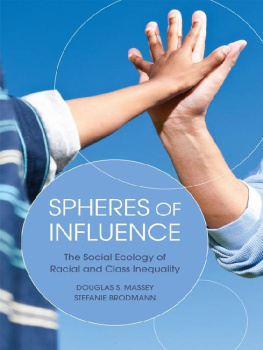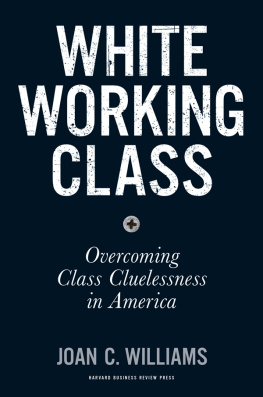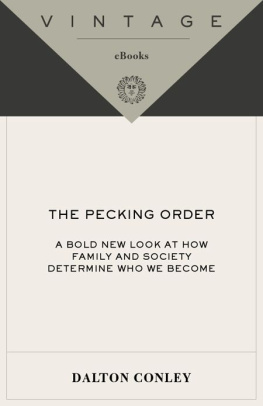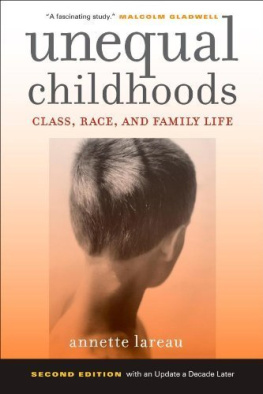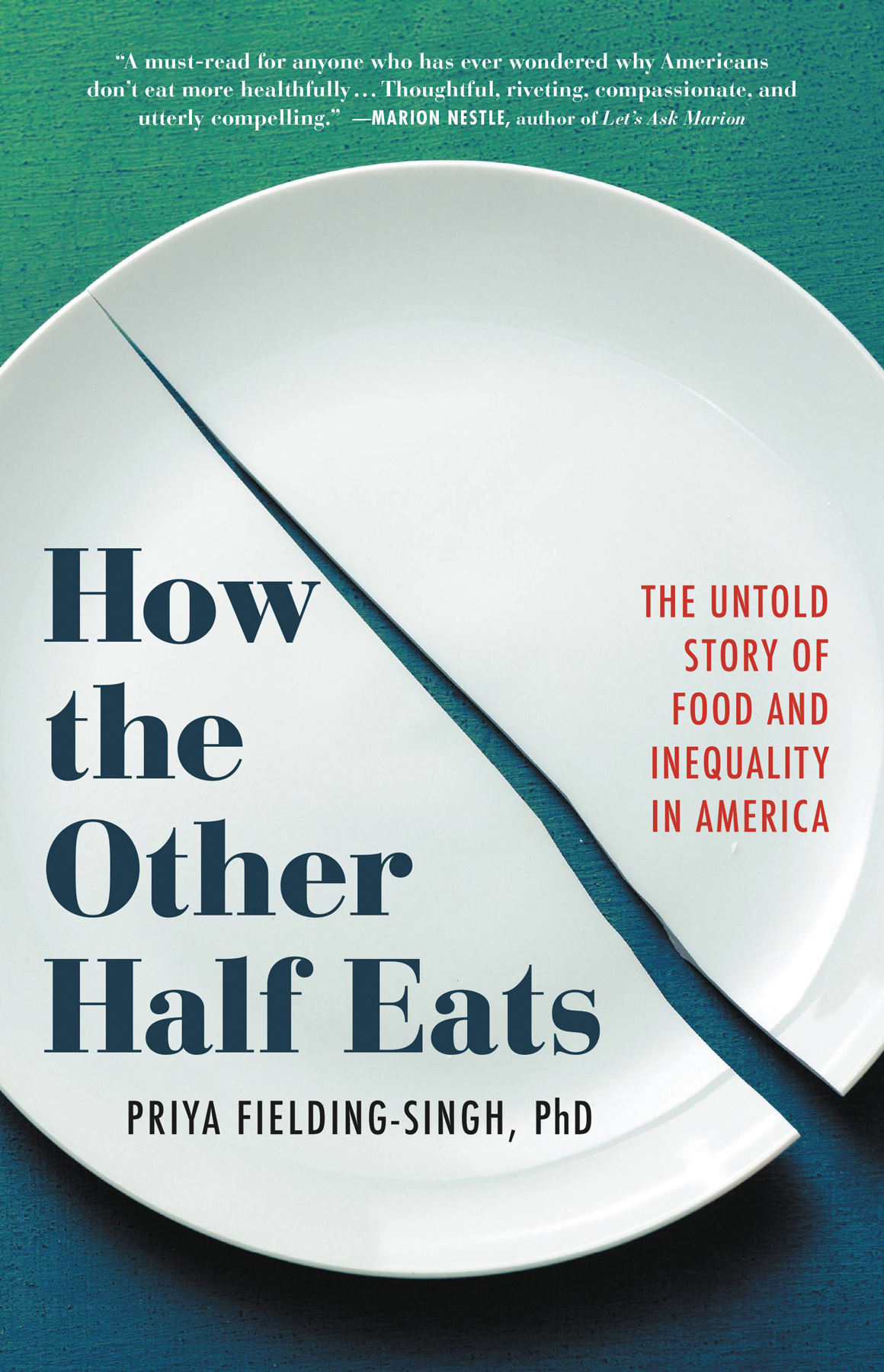
Copyright 2021 by Priya Fielding-Singh
Cover design by Julianna Lee
Cover photograph: Shutterstock
Author photograph by Vero Kherian Photography
Cover 2021 Hachette Book Group Inc.
Hachette Book Group supports the right to free expression and the value of copyright. The purpose of copyright is to encourage writers and artists to produce the creative works that enrich our culture.
The scanning, uploading, and distribution of this book without permission is a theft of the authors intellectual property. If you would like permission to use material from the book (other than for review purposes), please contact permissions@hbgusa.com. Thank you for your support of the authors rights.
Little, Brown Spark
Hachette Book Group
1290 Avenue of the Americas, New York, NY 10104
littlebrownspark.com
twitter.com/lbsparkbooks
facebook.com/littlebrownspark
Instagram.com/littlebrownspark
First ebook edition: November 2021
Little, Brown Spark is an imprint of Little, Brown and Company, a division of Hachette Book Group, Inc. The Little, Brown Spark name and logo are trademarks of Hachette Book Group, Inc.
The publisher is not responsible for websites (or their content) that are not owned by the publisher.
The Hachette Speakers Bureau provides a wide range of authors for speaking events. To find out more, go to hachettespeakersbureau.com or call (866) 376-6591.
Ellen Bass, excerpt from The World Has Need of You from Like a Beggar. Copyright 2014 by Ellen Bass. Reprinted with the permission of The Permissions Company, LLC on behalf of Copper Canyon Press, coppercanyonpress.org.
Excerpt from Paul Robeson by Gwendolyn Brooks Reprinted By Consent of Brooks Permissions.
Daniel Ladinsky, Even After All This Time, from The Gift: Poems by Hafiz. Copyright 1999 and used with permission.
All names and identifying characteristics of research participants in this book have been changed.
ISBN 978-0-316-42727-2
E3-20210928-JV-NF-ORI
For Josh, who beat the odds
we are each others harvest:
we are each others business:
we are each others magnitude and bond.
G WENDOLYN BROOKS , P AUL R OBESON
What I want is so simple I almost cant say it: elementary kindness. Enough to eat, enough to go around. The possibility that kids might one day grow up to be neither the destroyers nor the destroyed.
B ARBARA K INGSOLVER , A NIMAL D REAMS
Outstretched on a hospital bed, I clutched Vedas slippery body close to my chest as she stared up at me for the first time, her wrinkly right hand wrapped around my thumb. At six pounds, five ounces and twenty-one inches long, my daughter stretched from my collar down to my hip bone. I took her in, admiring her full head of thick black hair, ten scaly fingers, ten stubby toes, and the surfboard-shaped birthmark above her left thigh. As I stared into her soft brown eyes, my heart swelled. Its you, I thought. Its been you all along.
The moment I met Veda was the moment I discovered a new, surprising kind of love. I had known the love a daughter feels toward her parents, a sister toward her brothers, and a wife toward her husband. But this love felt different. It was searingly visceral and uniquely overwhelming. For months, I had envisioned what feelings might arise upon finally meeting my daughter. I knew that I would care deeply for her. But what made my love for Veda distinct was this: At its core was an enormous, at times overpowering, feeling of responsibility. From her first moments resting on my chest up until today, I have not been able to separate my love for my daughter from the immense ownership I feel for her well-being.
Pregnancy provided the training grounds for this feeling. As Veda grew inside of me over the course of nine months, my sense of responsibility for her also ballooned. My body was her home. We were separate people, but we were inseparable. That inseparability made it challenging for me to act without first considering that actions impact on her. I longed to be a self-assured, composed pregnant woman who trusted the process and knew her baby would be fine. But I was not that woman, and trying to be her proved fruitless. Every one of my behaviors held potential implications for Veda. Was it okay to use a certain skin cream? Had I accidentally eaten unpasteurized cheese at a holiday party? Would sleeping on my back deprive her of oxygen? When Veda was born, I knew these kinds of questions would only multiply.
Fourteen minutes after Vedas arrival in the world, a postpartum nurse appeared at my bedside. It was time for my daughter to eat, she said, giving me a warm smile. The nurse gently scooted Veda up on my chest, then guided her nose and mouth toward the source of milk. My eyes focused on Veda, and I held my breath in anticipation.
By the time Veda was born, in 2019, I had already spent five years as a sociology graduate student researching the trials and tribulations of feeding children. That work, combined with countless conversations among friends and family about the challenges of breastfeeding, meant that I was braced for this moment. I expected nothing to be easy about feeding my daughter, now or in the future. Today Id struggle with nursing a baby. In a year, Id navigate a toddlers pickiness. In a decade, Id face a teenagers love of fast food. When it came to food, the road ahead, as far as I could see, was anything but smooth.
Her skin glued to mine, Veda could barely open her eyes. I tracked her closely as she sniffed around. Then the nurse craned Vedas head back, and my daughters tiny pink mouth opened. I watched her head fling forward as she clamped down on my breast and began to drink.
Thank God. I exhaled, feeling more relief than happiness. That nursing was physically painful was completely irrelevant. My daughter was eating. And if she was eating, that meant she was fine. Great, even. For a moment, I felt satisfied. I was ensuring Vedas well-being. I was a good mom.
This was the first of many moments over the coming days, weeks, months, and years during which I would hold my breath. My husband, Ansu, also felt ownership for Vedas well-being, but biology significantly raised the stakes for me. As the parent using my own body to literally grow our daughter every single moment of every single day, I often felt like I had no respite from my responsibility for her.
Society has only reinforced my maternal sense of accountability for Veda. One particularly fraught setting for mewhere I often feel reminded most viscerally of this accountabilityhas been our pediatricians office. During those office visits, my daughters height, weight, and body mass index (BMI) is fastidiously monitored to track her nutrition and development. On Vedas third day of life, Ansu and I brought her in for a routine checkup. In the exam room, we undressed her, fumbling like the new parents we were as we pulled her green-and-white-striped onesie up over her head and removed her diaper. Gingerly, Ansu placed her on the scale to be weighed.
Lets see how good of a job Mom is doing, the nurse said cheerily, turning the scale on.
In that moment, my heart sank.
I knew the medical questions that lay behind the nurses casual comment, and I assumed her intentions were good. I felt confident that she wasnt trying to single me out or place an added weight on my shoulders. She wanted to know how much Veda had been eating. She wanted to see whether my daughter had gained any ounces since being discharged from the hospital. These were reasonable questions about a newborns development. But these were not the questions the nurse had asked. Instead, she had conveyed a very different message to meone that made clear that I was only as good a mother as the number on that scale revealed. My daughters body, I now understood, was feedback about my parenting.


